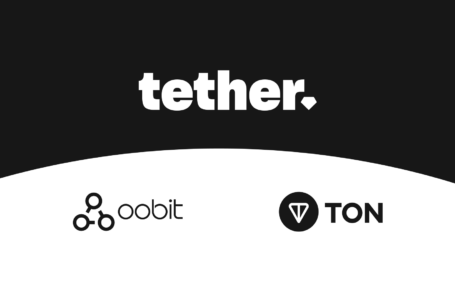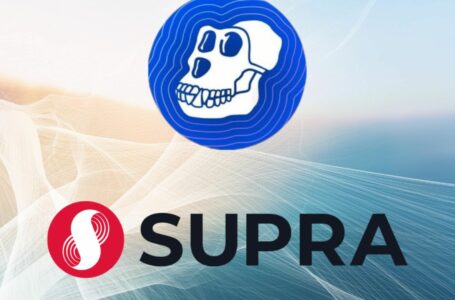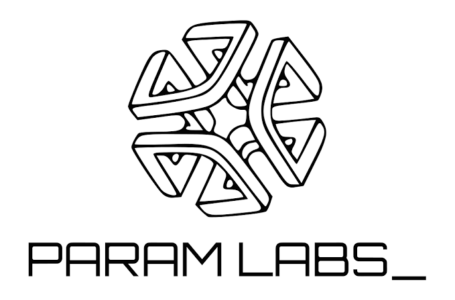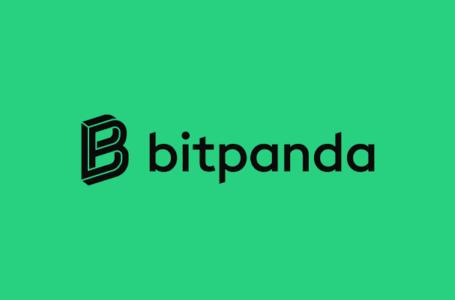Microsoft will preview its new Cobalt 100 processors to the
Tether, the TON Foundation, and Oobit have teamed up to
The announcement of Bonk's listing on Bithumb, South Korea's second-largest

The attacker utilized flash loans to manipulate the bonding curve contracts, causing financial harm. An

Microsoft will preview its new Cobalt 100 processors to the public at its upcoming Build

Tether, the TON Foundation, and Oobit have teamed up to create an encrypted payment method

The announcement of Bonk's listing on Bithumb, South Korea's second-largest cryptocurrency exchange, led to a

Merlin Chain's Alpha Devnet development test network integrates Nubit data availability (DA) technology. The Alpha

Supra, a leading provider of data oracles and verifiable randomness, has integrated with ApeChain on

Param Labs, a Web3 gaming company based in the UAE, successfully concluded a $7 million

Bitpanda GmbH, a fintech company based in Vienna, is forecasting record profits for 2024, drawing